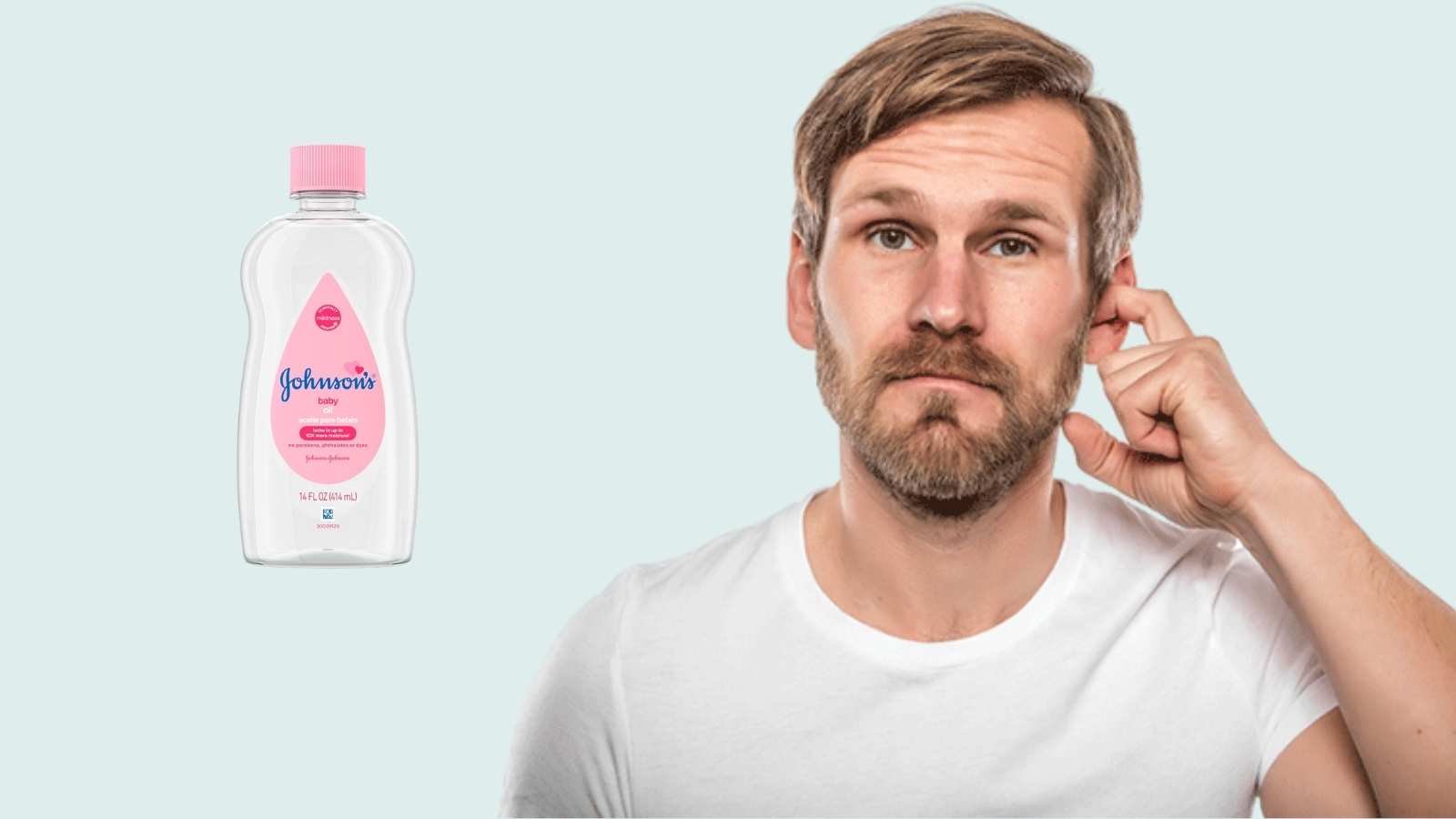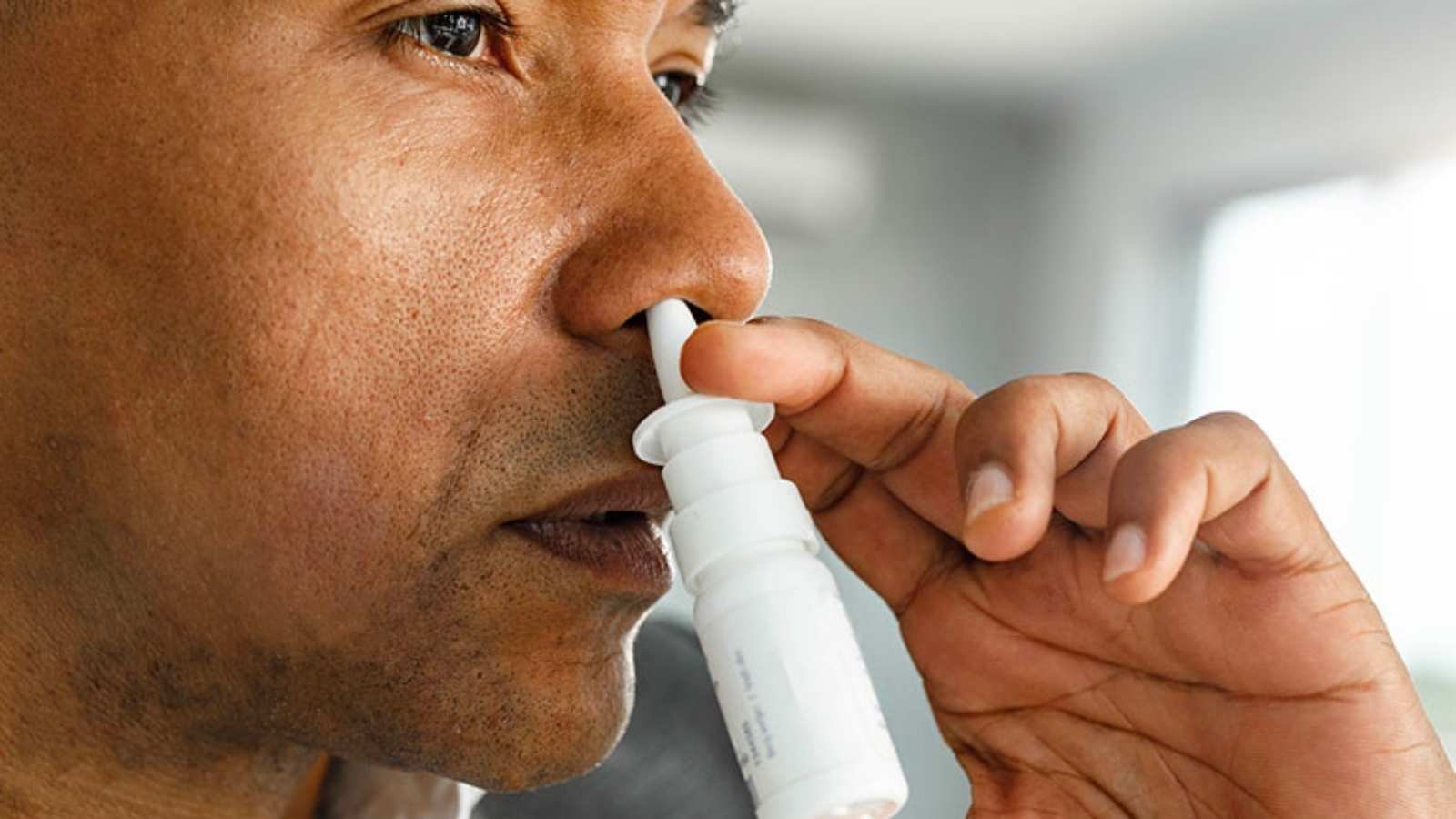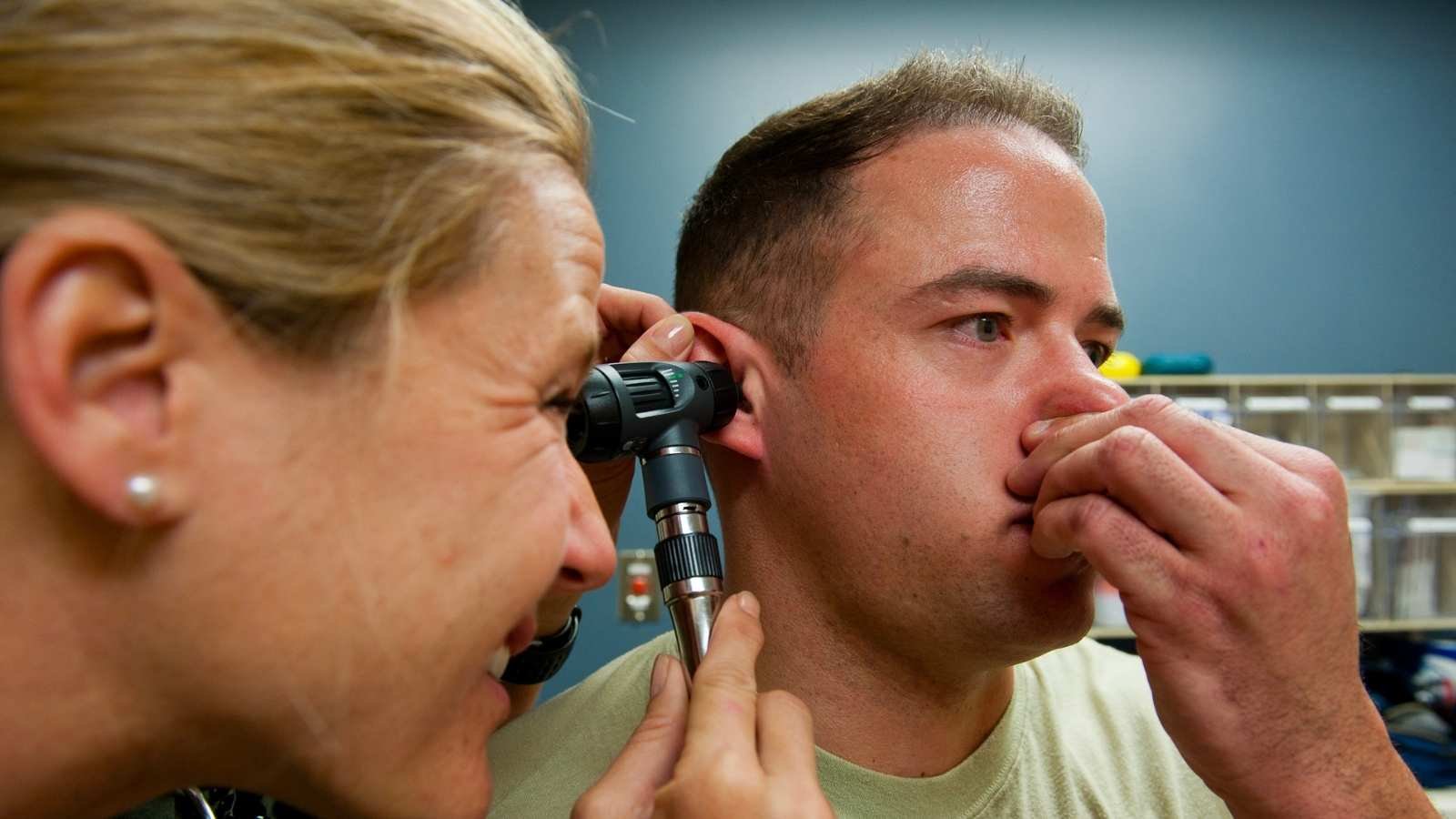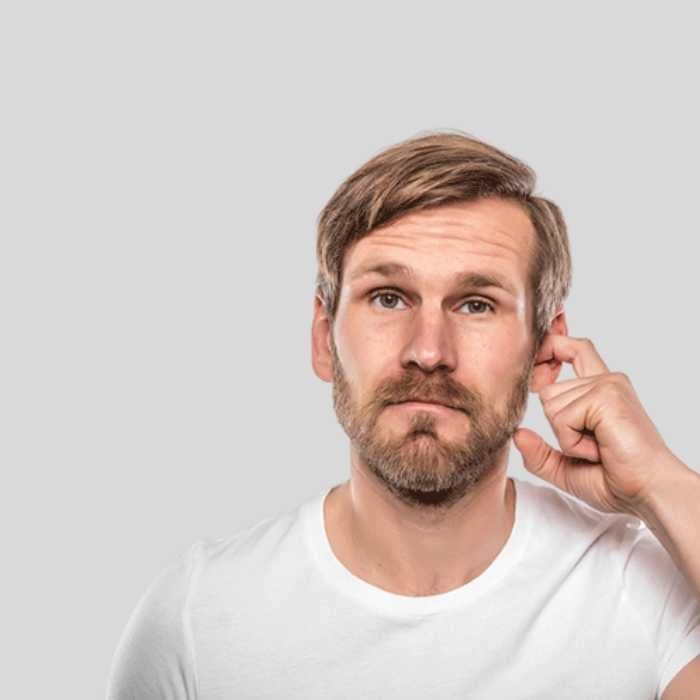Do your ears feel plugged up? There are a few reasons this can happen:
- Earwax
- Sinus pressure
- Fluid in the ear
- Noise damage
In this article we'll go through each potential cause for that "clogged ear" feeling and what to do about it.
Earwax
Earwax is a natural substance that helps to keep the ear clean and healthy. The ear is designed to be self-cleaning, but some people are more prone to earwax buildup due to their ear canal shape. For example, very curvy ear canals, narrow ear canals, or surgical ears are more prone to earwax buildup. When wax builds up, it causes muffled hearing, tinnitus, or aural fullness (plugged-up feeling in the ears).
What to do

You can do a few different things at home to help relieve earwax buildup. One of the most effective methods is to put a few drops of mineral oil or baby oil in your ear. This will help to soften the earwax so that it can work its way out naturally.
The ear is built to function like a "conveyor belt" by sloughing off dead skin and earwax that naturally pushes its way out.
This system tends to work well without much need for assistance. However, there are some exceptions: unusual ear canal geometry or surgical changes to the ear canal, for example. Sometimes Mother Nature needs some help. 🤷♀️
If you're someone who tends to get earwax buildup, you may need to schedule regular professional ear cleaning with an ENT or other healthcare professional. Your healthcare professional will recommend how often to do this, but give them a call if you feel plugged up. You can find a local hearing professional here.
Sinus Pressure
One of the most common causes of plugged ear sensations is allergies. If you have allergies, your body is doing its best to fight off the allergens. This can lead to inflammation in the sinuses, which can cause that pressure sensation.
Another common cause of sinus pressure is a cold or the flu. When you have a cold, your sinuses become inflamed and filled with mucus. Sickness can cause a lot of pressure in the sinuses, making you feel plugged up.
A plugged ear sensation can also be caused by Eustachian tube dysfunction. What does that mean? You've probably heard that if you fly, you should chew some gum or yawn to pop your ears. This helps because swallowing or moving the jaw can help equalize the pressure and prevent it from becoming uncomfortable from the built-up pressure in the Eustachian tube. For those with Eustachian tube dysfunction, their ear has a hard time equalizing the pressure.
What to do

There are a few different ways to relieve sinus pressure. One of the most common methods is to take an over-the-counter decongestant. Decongestants help to reduce the inflammation in the sinuses, and they also help to dry up the mucus. This can provide a lot of relief from the pressure.
Another method is to use a saline spray. Saline sprays help to flush out the sinuses. An ENT may also prescribe a nasal spray with a steroid in more chronic or severe cases.

The Valsalva maneuver can also help to temporarily unblock or equalize the pressure in the middle ear. To do this, simply pinch your nostrils closed with one hand and blow air through your nose. You may hear a squeak or popping sound as the air pressure equalizes.
Fluid in the Ear
The most common cause of fluid in the ear is an infection, but it can also be caused by other medical conditions. If you have ever had an earache, you know how painful and annoying it can be. But what exactly is fluid in the ear?
Fluid in the ear means a buildup of mucus, or fluid, behind the eardrum. A healthy middle ear is filled with air, not fluid. Having fluid in there can be uncomfortable, serve as a breeding ground for infection, and not to mention cause a lot of pressure and pain in the ear. In some cases, it can even lead to hearing loss.
If you think you might have fluid in your ear, it is important to see a doctor so that they can determine the cause. Once diagnosed, the provider can prescribe the appropriate treatment. 🩺
What to do

If you are suffering from fluid in your ear, you can do a few things at home to help relieve the pressure. Try using a saline spray which can help to flush out the ear and sinus area and also help to reduce the inflammation.
If you are suffering from an ear infection, it is crucial to see a doctor so that they can evaluate and, if necessary, prescribe antibiotics.
Noise Damage
Have you ever been to a loud concert and felt everything sounded muffled afterward? If you are lucky, this muffled sound can wear off within a day or two. However, if the noise is loud enough or happens frequently enough, the damage can be permanent. This is called noise-induced hearing loss (NIHL), and it happens when the tiny hair cells in your inner ear are damaged. These hair cells cannot grow back or be repaired, so once they are gone, they're gone for good. 👂
What to do

This type of hearing loss is preventable, so if you know you will be exposed to loud noise, wear earplugs or other hearing protection. If you work in a noisy environment, wear appropriate hearing protection that properly fits your ears. If you have experienced noise-induced hearing loss, there is, unfortunately, no medical treatment to reverse the damage. However, you can prevent further damage by using hearing protection and avoiding loud noise.
See an audiologist to have your hearing checked. This will confirm whether you have any hearing loss and also serve as a baseline to check for any changes over time.
You can also take our free hearing screener to get an initial sense of your hearing level.






